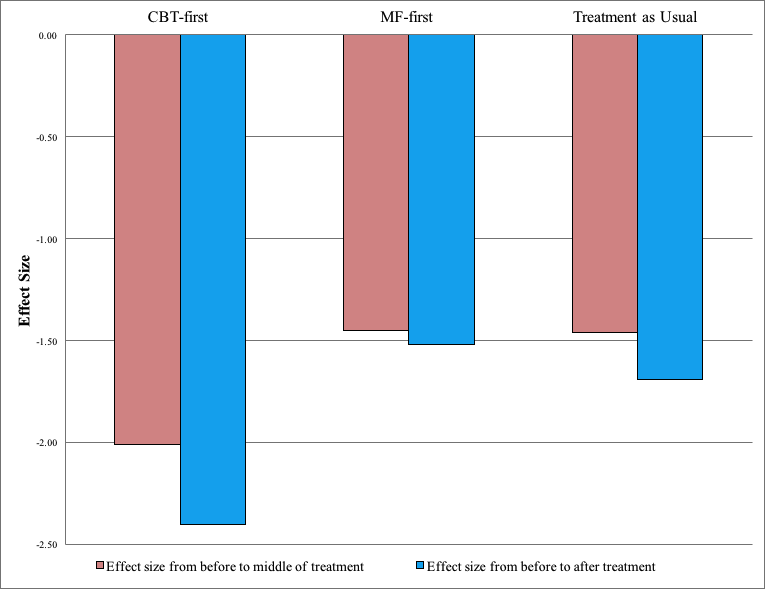The WAGER, Vol. 22(5) – A mindfulness-based approach to problem gambling treatment
Earlier this month, Dr. Katie Witkiewitz wrote an insightful editorial for The BASIS, sharing with our readers a big-picture view of what research on mindfulness-based treatment for addiction has taught us over the years. Mindfulness includes nonjudgmental awareness of feelings, thoughts, and surroundings in the present moment. Although research suggests that mindfulness is indeed a viable treatment option in various contexts, can it help people overcome addiction to gambling? As part of the Special Series on Mindfulness and Addiction, this week we review a study by Dr. Cameron McIntosh and colleagues on the effectiveness of mindfulness-based treatment for reducing problem gambling behavior.
What was the research question?
What effect does mindfulness-based intervention — when delivered with Cognitive Behavioral Therapy (CBT) – have on reducing problem gambling behavior?
What did the researchers do?
McIntosh and colleagues recruited individuals seeking treatment at a gambling treatment clinic in Sydney, Australia. The 77 individuals who met the criteria for participation in the study were randomly assigned to one of three groups: a) CBT-first treatment, b) Mindfulness-first treatment, and c) Treatment as Usual. Patients in the first two groups received weekly face-to-face treatment using one method for four weeks, before switching to the other type of treatment. For example, participants in the CBT-first treatment group received CBT treatment for four weeks, followed by mindfulness treatment for the next four weeks. The third group received CBT based interventions tailor-made for each patient. Participants were assessed for various gambling outcomes at the end of the study period, as well as at 3 months and 6 months after the completion of the study.
What did they find?
All three treatment conditions returned large improvements in the experience of gambling-related symptoms. The findings provide further support for the use of CBT-based treatments, in addition to providing preliminary evidence that mindfulness-based interventions also work towards reducing problem gambling behavior. The results also reveal that patients who received CBT-based treatment first, and then received mindfulness-based treatments, showed the most improvement (see Figure 1 below)[1]. An analysis of the secondary variables showed that mindfulness-based interventions significantly reduced rumination and thought suppression in patients, factors that have been posited to affect problem gambling behavior.
Why do these findings matter?
The results begin to provide evidence to clinicians that mindfulness-based treatment can be considered as an option for reducing problem gambling behavior. Further, if enough resources are available, the study shows that CBT-based treatment should be followed by mindfulness-based treatment to achieve the most effective result in reducing problem gambling behavior. For clinicians targeting change in rumination and thought suppression in their patients, the study shows that mindfulness-based interventions can be administered for the purpose.
Every study has limitations. What are the limitations in this study?
Reproducing the findings of the study in different contexts with a larger number of participants and alternative research designs will increase confidence in the evidence generated. Future studies that follow-up on patients for a longer time-period can also shed light on whether the intervention is effective in the long-run. As the current study relied on clinical psychologists to deliver the treatments, we cannot know for sure if the effect would have been similar with another group of clinicians with different training.

Figure. Effect size of the gambling behavior measures based on gambling disorder Diagnostic and Statistics Manual (DSM-V) criteria. Negative effect sizes indicate improvements over time. All bars in the figure above represent statistically significant estimates. Adapted from McIntosh et.al. (2016). Click image to enlarge.
For more information:
Are you or a loved one struggling with a gambling problem? Check out the Help & Treatment resources at the National Council on Problem Gambling.
— Pradeep Singh
What do you think? Please use the comment link below to provide feedback on this article.
________________
[1] At the end of the treatment, the effect size of the measure based on the gambling disorder criteria was largest for CBT-first, followed by Treatment as Usual and MF-first.